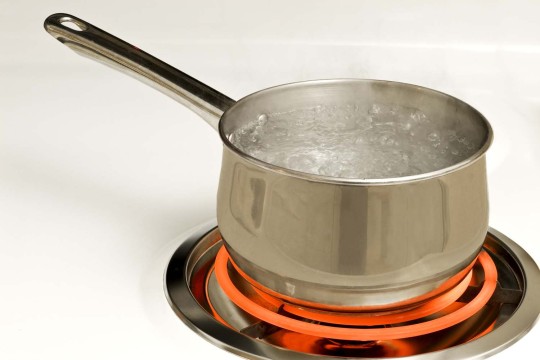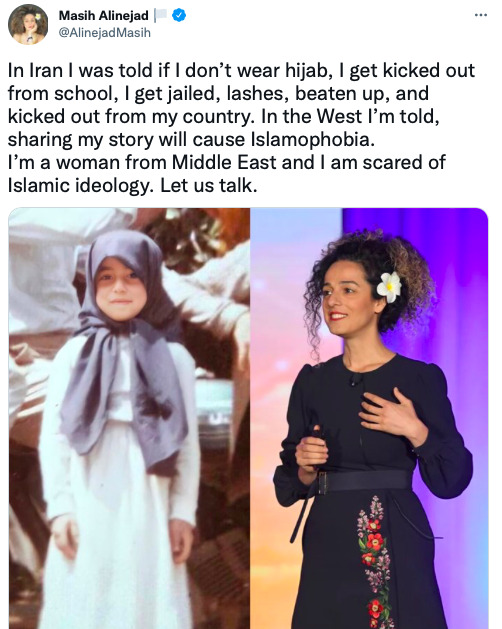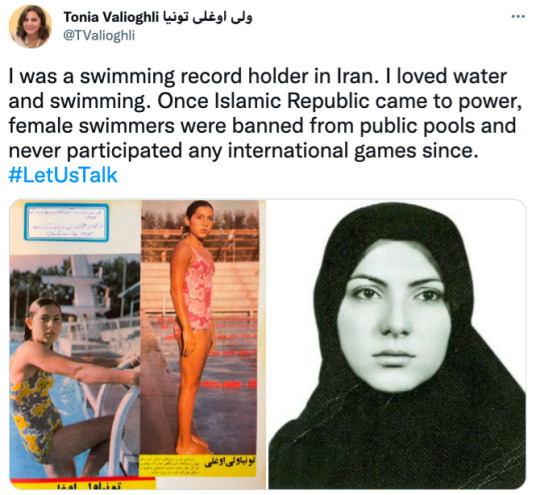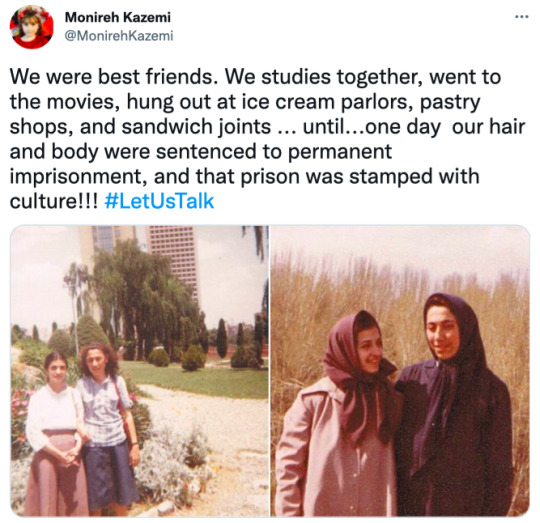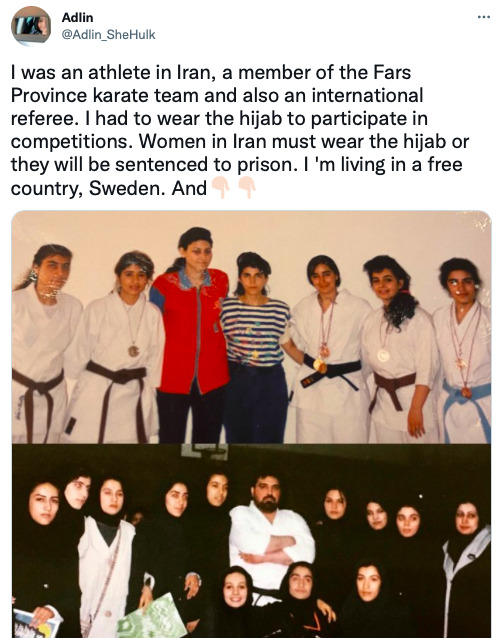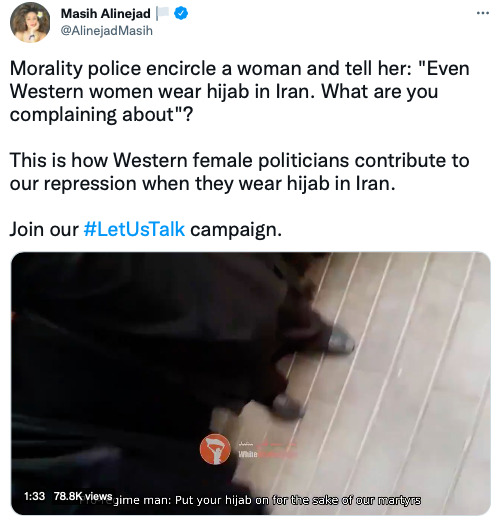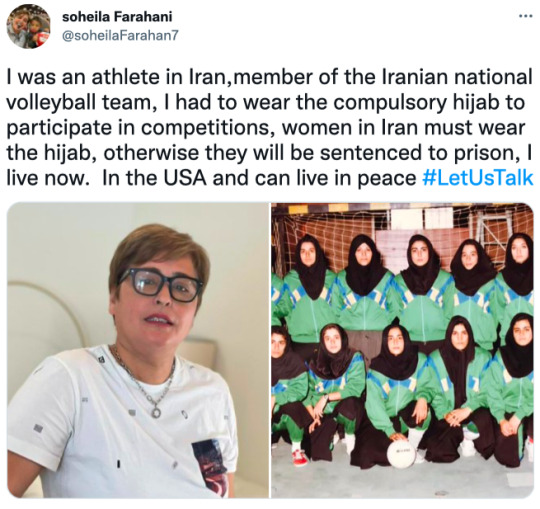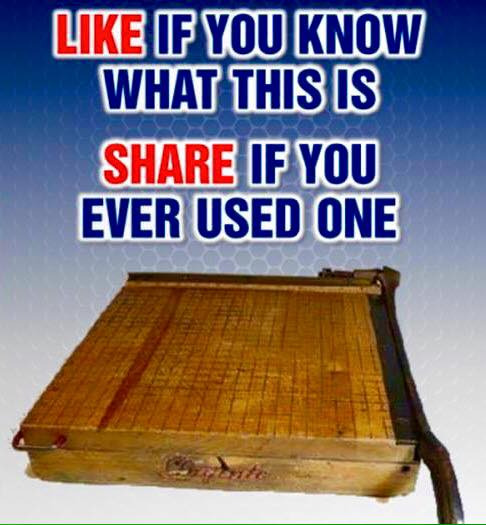I'm Meir; I make stuff. He/Him, a dad, multiply intersectional, terminally uncool. Hobbies include answering questions about Judaism, baking cakes, walking in the woods, and taking too many pictures of my cats. If you need a queer-positive parental voice, I'm here. If you have questions about Judaism, I'm here. If you just want to see the cats, I'm Meir_Makes_Stuff on Instagram. Be kind out there.
Last active 4 hours ago
Don't wanna be here? Send us removal request.
Text
When I decided to train myself out of calling classrooms of children "ladies and gentlemen," I told myself I was going to say "friends" but it never came naturally, partly because it felt a little disingenuous. In the meantime I set a goal of catching myself before "ladies and gentlemen" came out of my mouth, and eventually something else developed that felt like a natural thing for me to say. For the last decade or so I have been addressing groups of children as "beans."
This makes no sense to the children at all and I refuse to explain it to them. When they are adults they will meet each other at events and laugh at the memory of their own indignation in the face of being called "beans" in fourth grade. But I successfully trained myself out of "Ladies and gentlemen!"
So the "don't call trans women dude" discourse is back on my dash, and I just read something that might explain why it's such a frustrating argument for everyone involved.
TLDR: There's gender-cultural differences that explain why people are arguing about this- and a reason it hurts trans women more than you might think if you were raised on the other side of the cultural divide.
I'll admit, I used to be very much on team "I won't call you 'dude' if it feels like misgendering, but also I don't really grok why it feels like I'm misgendering you, especially if I'm not addressing you directly." But then I read an academic paper that really unpicked how people used the word 'dude' (it's Kiesling (2004) if you're curious) and I realized that the way I was taught to use the word was different from the way most trans women were taught.
... So the thing about the word 'dude' that's really interesting is that it's used differently a) by people of different genders and b) across gender lines. This study is, obviously, 20 years old, but a lot of the conclusions hold up. The gist is, there's ~5 different ways that people use the word "dude":
marking discourse structure- AKA separating thoughts. You can use the word 'dude' to signal that you're changing the subject or going on a different train of thought.
exclamation. You can use the word "dude" the way you'd use another interjection like "oh my god" or "god damn".
confrontational stance mitigation. When you're getting in an argument with someone, you can address them as 'dude' to de-escalate. If you're both the same gender, it's homosocial bonding. If you're different genders, it's an attempt to weaken the gender-related power dynamic.
marking affiliation and connection. Kiesling calls this 'cool solidarity'- the idea is, "I'm a dude, you're a dude. We're just guys being dudes." This is often a greeting or a form of address (aka directly calling someone dude).
signaling agreement. "Dude, you are soooo right", kind of deal.
Now, here's the important part.

When [cis] men use the word 'dude', they are overwhelmingly using it as a form of address to mark affiliation and connection- "hey, we're all bros here, dude"- to mitigate a confrontational stance, or to signal agreement.
When [cis] women use the word 'dude', they're often commiserating about something bad (and marking affiliation/connection), mitigating a confrontational stance, or giving someone a direct order. (Anecdotally, I'd guess cis women also use it as an exclamation - this is how I most often use it.)
Cis men use the word 'dude' to say 'we're all guys here'. It is a direct form of male bonding. If a cis man uses the word 'dude' in your presence, he is generally calling you one of the guys.
Cis women use the word 'dude' to say 'we're on the same level as you; we're peers'- especially to de-escalate an argument with a cis man. Between women, it's an expression of ~cool solidarity~; when a woman's addressing a man, it's a way to say 'I'm as good as you, knock it off'.
So you've got this cultural difference, depending on how you were raised and where you spent time in your formative years. If you were assigned female at birth, you're probably used to thinking of the word 'dude' as something that isn't a direct form of address- and, if you're addressing it to someone you see as a girl, you're probably thinking of it as 'cool solidarity'! You're not trying to tell the person you're talking to that they're a man- you're trying to convey that they're a cool person that you relate to as a peer.
Meanwhile, if you were assigned male at birth and spent your teens surrounded by cis guys, you're used to thinking of 'dude' as an expression of "we're all guys here", and specifically as homosocial male bonding. Someone using the word 'dude' extensively in your presence, even if they're not calling you 'dude' directly, feels like they're trying to put you in the Man Box, regardless of how they mean it.*
So what you get is this horrible, neverending argument, where everyone's lightly triggered and no one's happy.
The takeaway here: Obviously, don't call people things they don't want to be called, regardless of gender! But no one in this argument is coming to it in bad faith.
If you were raised as a cis woman and you're using the word the way a cis woman is, it is a gender-neutral term for you (with some subconscious gendered connotations you might not have realized). But if you were raised as a cis man and you're using the word the way a cis man uses it, the word dude is inherently gendered.
Don't pick this fight; it's as pointless as a French person and an American person arguing whether cheek kisses are an acceptable greeting. To one person, they might be. To another person, they aren't. Accept that your worldview is different, move on, and again, don't call people things they don't want to be called.
*(There is, of course, also the secret third thing, where someone who is trying to misgender a trans woman uses the word 'dude' to a trans woman the way they'd use it to a man. This absolutely happens. But I think the other dynamic is the reason we keep having this argument.)
13K notes
·
View notes
Text
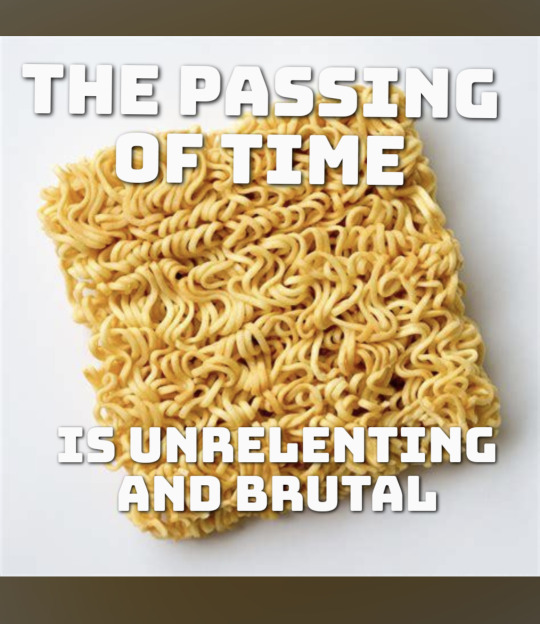
I love when a meme gets so many steps away from its source material that it would be completely incomprehensible if I didn't know what today's date was
56K notes
·
View notes
Text
Today’s Yiddish Fun Fact: Before klal-shprakh (or, for that matter, the transatlantic accent), there was Yiddish theater dialect. In the 19th and 20th centuries, Yiddish theater actors spoke a wide variety of dialects, and had to sound like they all came from the same place, so they created a standardized dialect based the Yiddish spoken in the Volyn region of Ukraine (including some pronunciations from Litvish and some from Galitzianer Yiddish).
99 notes
·
View notes
Text
355 notes
·
View notes
Text
Maybe it's just me as a Filipino who has lived through a murderous dictatorship and oligarchies in a queerphobic country controlled by the rich who brutalize grassroots pro worker movements all under the military abuse of US imperialism but...
You just gotta keep showing up. Support each other. Don't just fight for yourself. The work is hard, but you just gotta keep doing it. You'll always see results, even if they're not always the ones you want, or as big as you want them to be.
All your work always matters. Even if it doesn't feel like it at first. It always matters.
13K notes
·
View notes
Text

Schlissel challah (for the first Shabbat after Passover)
602 notes
·
View notes
Text
You know what I'd actually pay good money to see:
Jewish characters putting Teffilin on in a tv show or movie.
Like give me that. Give me undeniable participation in Jewish rituals.
Give me Jewish characters going to the Mikvah.
Give me Jewish characters doing Jewish rituals that are going to be know primarily only to Jewish people.
Show me that you actually put attention and effort into in Jewish characters.
Give me Jewish Characters being actively Jewish, make them feel real to me and other Jews rather then walking stereotypes or like they have to say a few words like Hanukah and Sabbath and oy vey and that is it.
Give me Jewish Character who are are Jewish with their whole being, who are proud to be Jewish, who being Jewish is not treated like garnish to their character.
Don't just shove a Seder plate or a menorah in the background and call it a day.
I want to see a home that is full of Jewish decor and art like I would in any Jewish home.
I want Jewish character played by Jews because that is who should only ever be playing us.
And I want Jewish characters to be dynamic, round, and dimensional rather the flat, static, stereotypes we normally are portrayed as.
And if you can get a least a Jewish writer in the writers room or someone Jewish to be a consultant when writing Jewish characters that would like amazing.
238 notes
·
View notes
Text
we got another good news roundup!
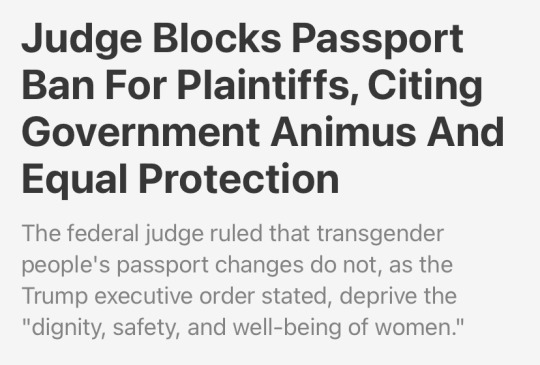
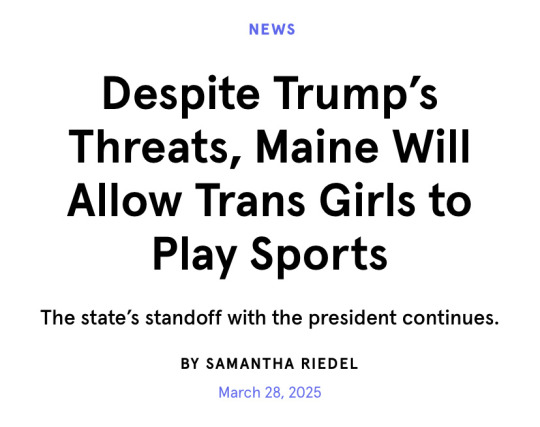
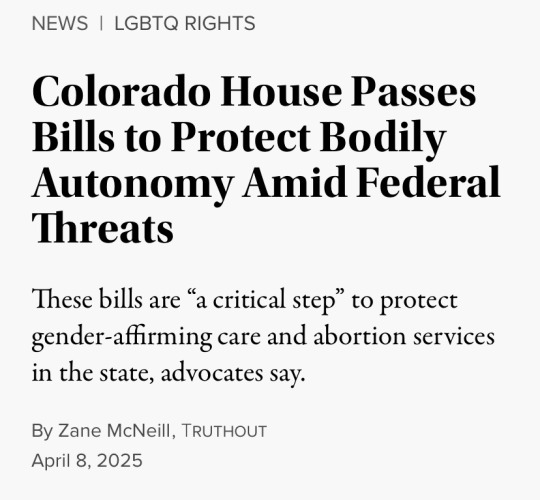
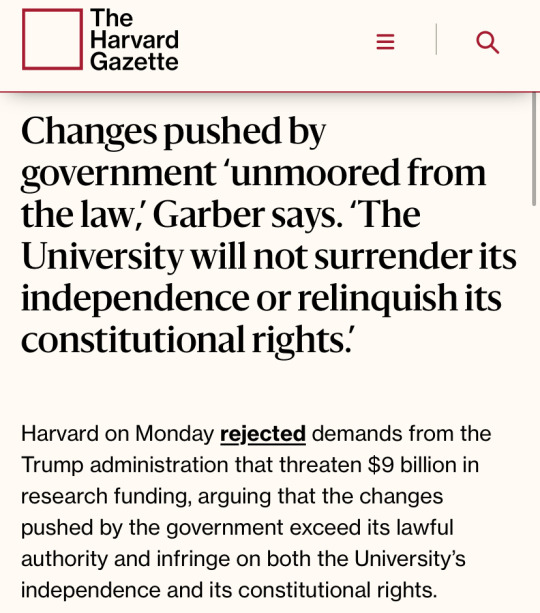

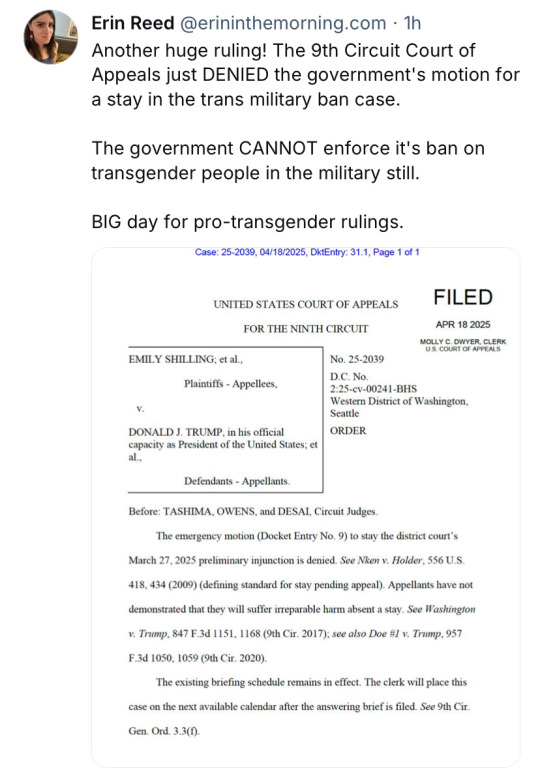
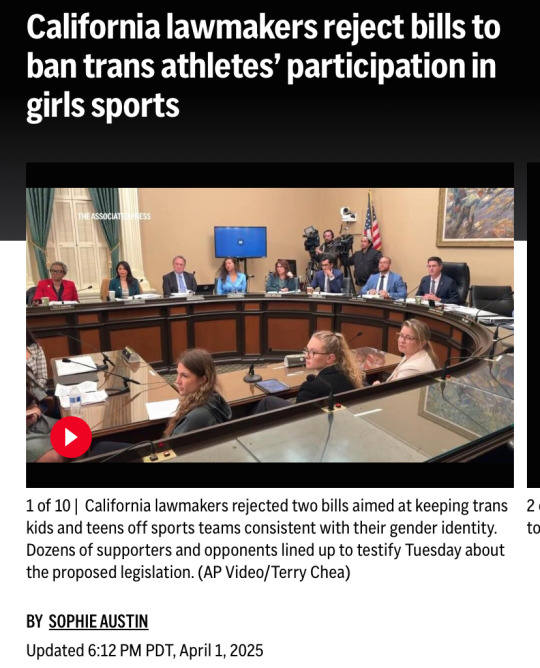

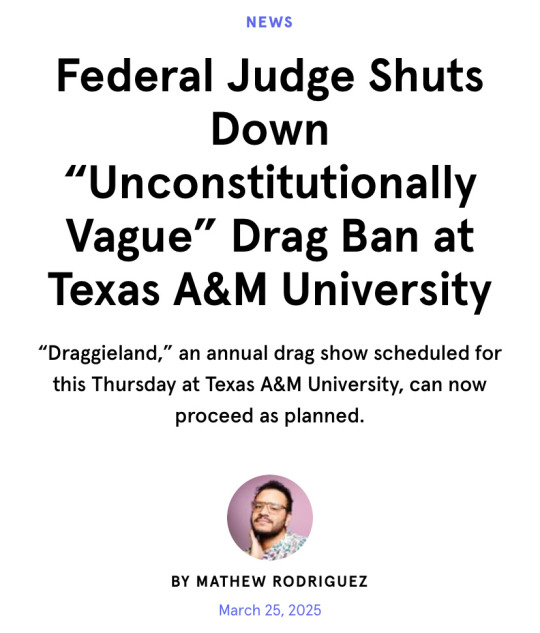
the fight is still on! don’t give up!
41K notes
·
View notes
Text

happy flattest flat fuck friday of the year to all who celebrate
5K notes
·
View notes
Text
I told my dad today about the Passover frog debate and his response was that it was really one little frog which father bought for two zuzim so I think that puts an end to that debate
330 notes
·
View notes

